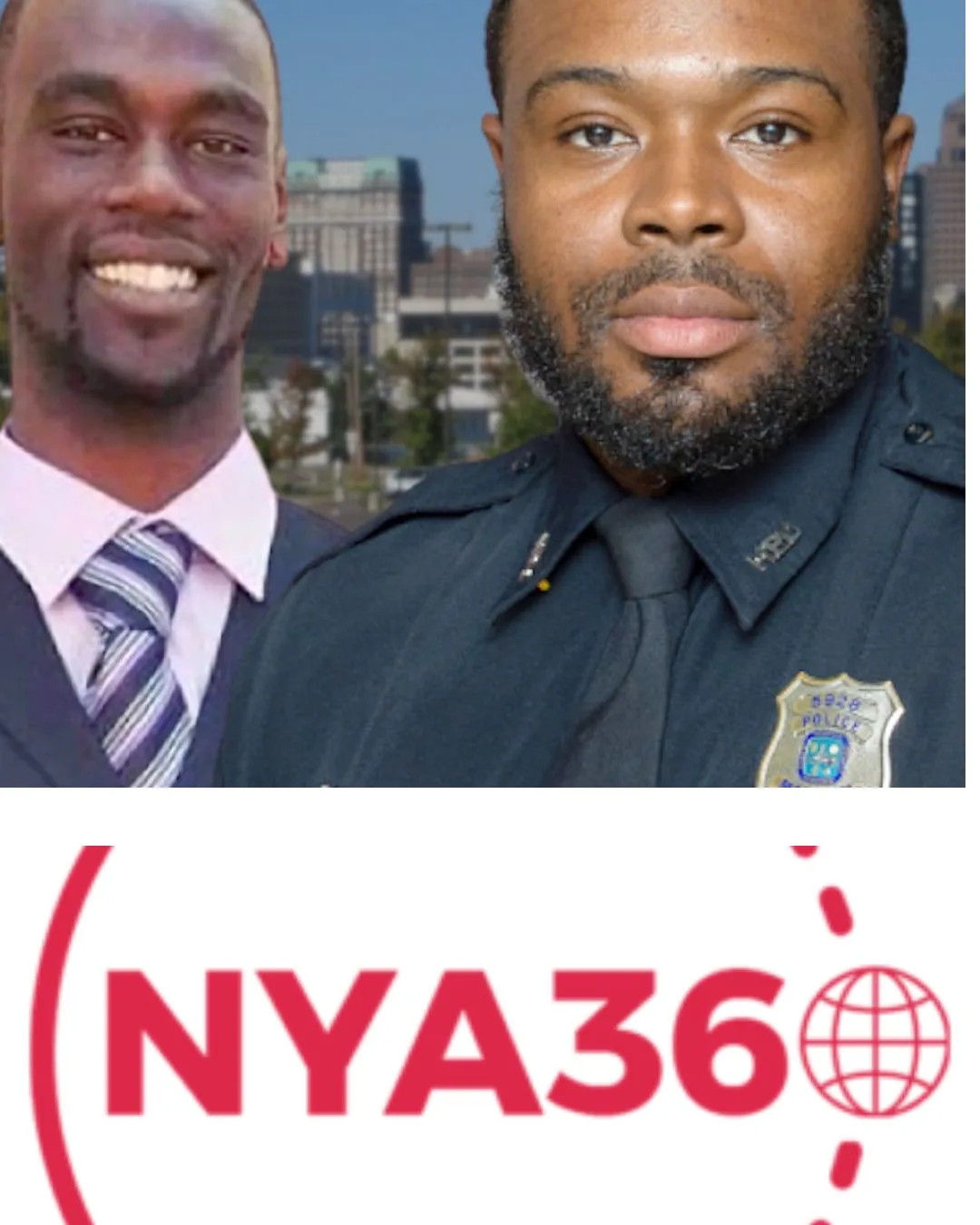Recently, Connor Schilling, a former Memphis police officer, entered a guilty plea to federal charges pertaining to the death of Tyre Nichols, a 15-year-old African American youth. This case has generated a great deal of controversy and raised questions about police accountability and behavior. An important turning point in the long-running legal dispute is the guilty plea.
The Tyre Nichols Case’s History:
The incident occurred in 2012 following a foot pursuit when Officer Schilling fatally shot Nichols. Schilling pulled over the teenager because he seemed to be planning a car break-in. The officer claimed that after Nichols turned and pointed a gun at him, he used deadly force. Following the shooting, there were large-scale demonstrations in which community members and activists called for Nichols’s justice.
Agreement in Plea:
Schilling entered a guilty plea as a condition of a deal with federal prosecutors. He acknowledged that he intentionally violated Nichols’s constitutional rights under cover of law, causing physical harm. This is an uncommon instance where a law enforcement official is made to answer for actions they took while performing their official duties. The Nichols family, who has long sought justice for Tyre’s death, has found some peace with the plea deal.
Federal Charges and Their Consequences:
Schilling admits that he violated Nichols’ civil rights and used excessive force by entering a guilty plea to the federal charges. There are serious legal ramifications to this plea, including the possibility of jail time. It also draws attention to the larger problem of police accountability and use of force.
Public Responses:
Talks about racial inequities in the criminal justice system and police behavior have been spurred by the case. There have been calls for police reform, as well as increased accountability and openness in cases of shootings by the police that involve persons of color, both in Memphis and elsewhere.
Effect on Methods of Policing:
The guilty plea is thought to have the potential to spark changes in police procedures. It acts as a reminder that misbehavior by cops might result in consequences. The case serves as a reminder of the value of in-depth inquiries and the federal government’s involvement in resolving civil rights breaches.
Continuous Obstacles:
Tyre Nichols and his family will benefit much from Schilling’s guilty plea, but the underlying problems that lead to these kinds of situations remain. Concerns about the use of force, racial profiling, and police-community interactions persist in the US.
Reconciliation and Healing in the Community:
The Memphis community may benefit from the case in terms of healing and reconciliation. Recognizing Schilling’s wrongdoings sends a strong message that justice can be carried out, building confidence between law enforcement and the communities they serve.
National Significance:
The Nichols case is a part of a broader national dialogue over American policing. Nationwide, there are calls for increased accountability and police reform, not just in Memphis. This case’s verdict could establish a standard for similar cases involving misbehavior by police in the future.
In summary:
A major turning point in a case that has been studied and discussed for years is Connor Schilling’s guilty plea in Tyre Nichols’ death. The plea acts as a potential impetus for improvement in policing procedures and emphasizes the significance of accountability in cases of police misconduct. The case’s influence on the t the national dialogue about policing cannot be understated, even while the legal proceedings proceed. It emphasizes how important it is to keep working to guarantee justice, accountability, and transparency in law enforcement.
Follow us on social media: Instagram, Threads & Twitter X @nya360_ YouTube & Facebook @nya360.





